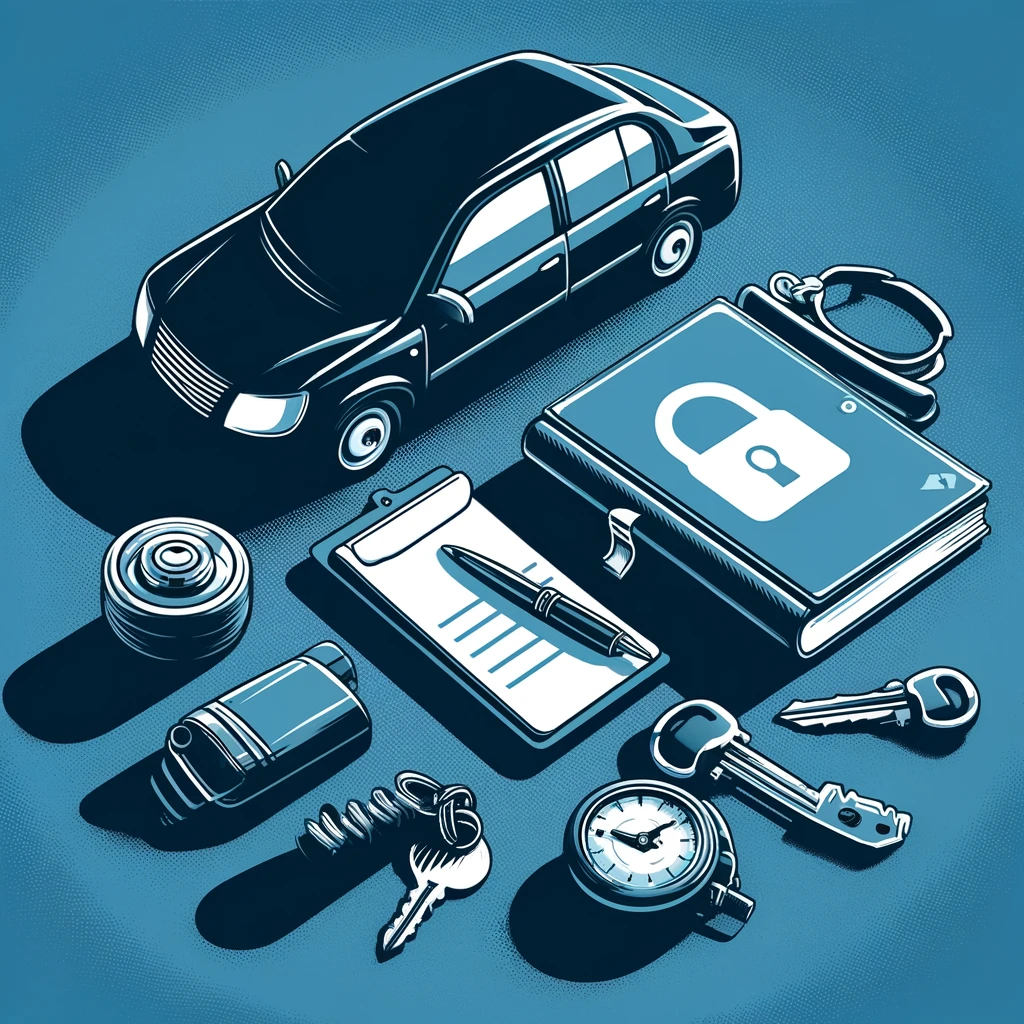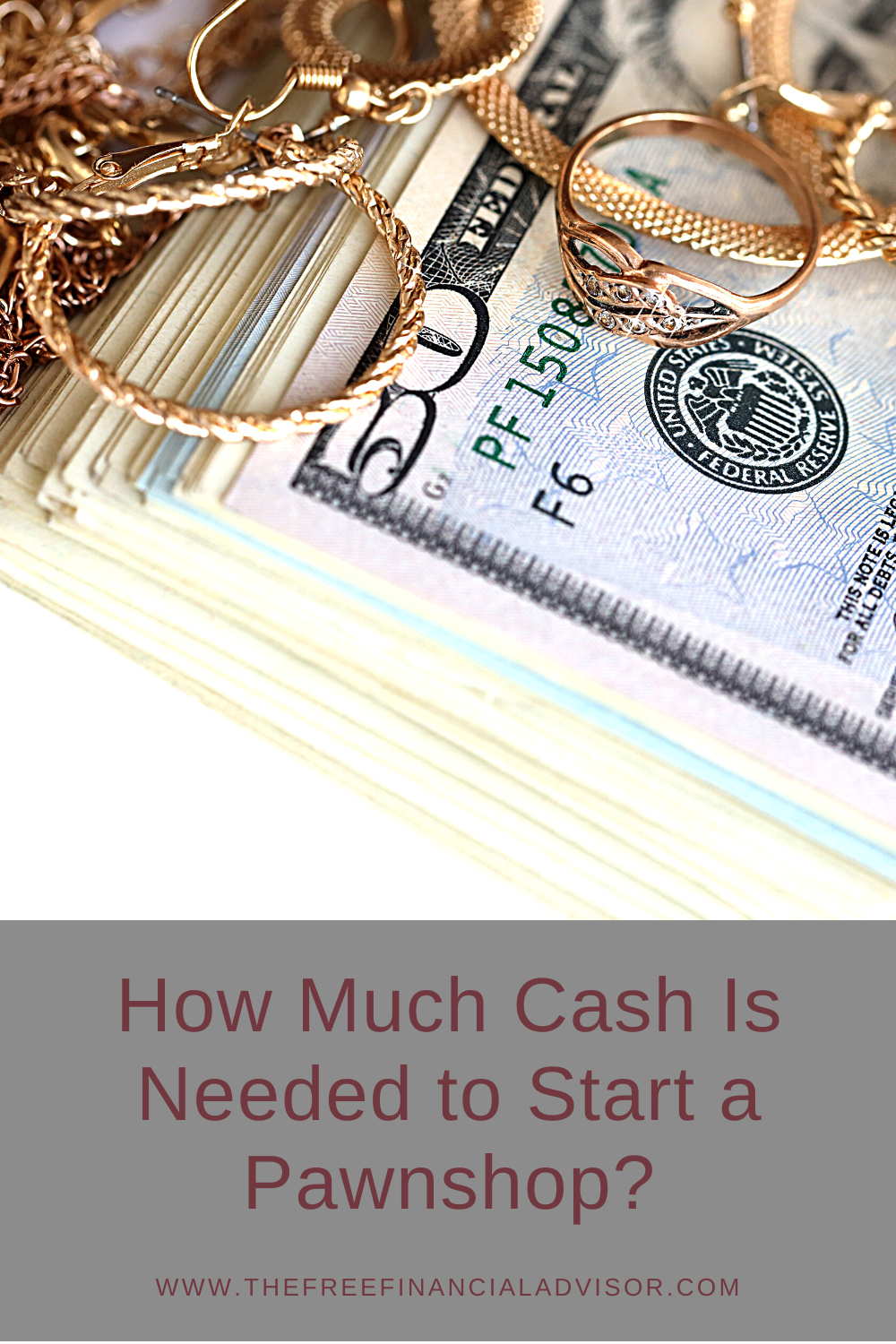
With the rise in vehicle break-ins, understanding what thieves are targeting is crucial for protecting your belongings. Here’s a list of ten items commonly stolen from cars, highlighting the importance of being vigilant and taking preventive steps to safeguard your possessions.
1. Fitness Trackers and Smart Watches
![]()
Fitness trackers and smart watches have become increasingly popular and are often left in cars after a workout or during a quick errand. These high-tech gadgets are not only valuable but also easy to sell, making them a prime target for thieves. To prevent theft, it’s best to keep these devices on you or hidden from view when left in the car.
2. Sporting Equipment

Sporting equipment, like golf clubs, bicycles, and ski gear, are prime targets due to their high value and ease of resale. Leaving these items visible in your car can quickly attract thieves. It’s advisable to store such equipment in the trunk or bring it inside to ensure its safety.
3. High-End Clothing and Shoes

Luxury clothing and designer shoes can be significant lures for thieves. These items, especially if left in shopping bags or in plain sight, can suggest the presence of other valuables. To protect them, it’s best to keep such items concealed or take them with you when leaving the car.
4. Car Seats and Baby Accessories

Car seats and related baby accessories like strollers and diaper bags are surprisingly attractive to thieves. They are not only costly to replace but also essential for parents. Keeping them inside or in a locked trunk is vital for safeguarding these items.
5. Cash

Cash is a universal motivator for thieves. It’s untraceable and immediately usable, making it an attractive target. To avoid making your car a target, refrain from leaving any cash, including small change, visible inside your vehicle.
6. Car Parts and Accessories

High-end car parts, such as audio systems, rims, and custom accessories, are valuable and easy to sell on the black market. It’s essential to park in secure areas and consider additional security measures for your vehicle to prevent these thefts.
7. Work Equipment and Uniforms

Industry-specific tools and equipment, as well as professional uniforms, are often targeted by thieves. They can indicate the presence of other valuable items and are themselves costly to replace. Secure these items in a locked compartment or take them with you to ensure their safety.
8. Personal Electronics (Tablets, Cameras)

Tablets, cameras, and other personal electronics are attractive to thieves for their high resale value. Their portable nature makes them particularly vulnerable when left in a vehicle. To protect these items, store them in a locked glove compartment or trunk, or better yet, keep them with you.
9. Shopping Bags and Visible Items

Any visible item, regardless of its actual value, can tempt a thief. Shopping bags, whether they contain new purchases or groceries, can attract unwanted attention. Store these bags in the trunk or take them with you to deter potential break-ins.
10. Gym Bags

Gym bags are often targets for thieves, as they may contain electronics, jewelry, or cash. Leaving a gym bag in your car, especially in plain sight, can make your vehicle a target for theft. Keep your gym bag with you or store it out of sight to avoid attracting thieves.
Awareness Is Key

Awareness of what items are frequently stolen from cars is key to preventing these thefts. Always be cautious about what you leave in your vehicle and remember, the best deterrent is an empty car. By taking proactive steps to protect your belongings, you can significantly reduce the risk of becoming a victim of car theft. Stay informed, stay safe, and keep your car free of tempting items for peace of mind.
Tamila McDonald is a U.S. Army veteran with 20 years of service, including five years as a military financial advisor. After retiring from the Army, she spent eight years as an AFCPE-certified personal financial advisor for wounded warriors and their families. Now she writes about personal finance and benefits programs for numerous financial websites.

